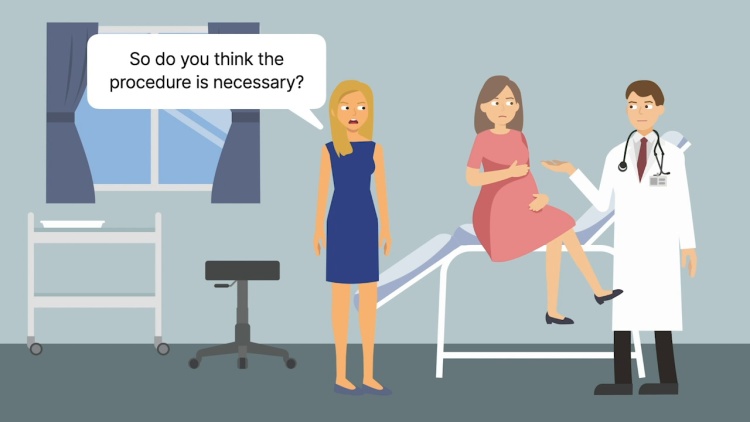State Board of Nursing and State Board of Healing Arts v. Ruebke
Supreme Court of Kansas
913 P.2d 142 (1996)
- Written by Craig Conway, LLM
Facts
Historically, midwives played an important role in pregnancy, including assisting in the birthing process. In the late 19th century, however, medical practice became more standardized and physicians, specifically obstetricians, lobbied for more restrictive licensing laws because midwives were direct competitors. Until 1910, approximately 50 percent of Kansas births were assisted by midwives although they were not viewed as engaging in the practice of obstetrics. By 1986, only 12 states, including Kansas, had no legislation directly or indirectly allowing or prohibiting lay midwifery. In 1993, the State Board of Healing Arts (SBHA) (plaintiff) published a policy stating the lay midwifery was the practice of medicine and surgery and that practicing midwifery without approval by the State Board of Nursing (Nursing Board) (plaintiff) would be classified as unlicensed practice of medicine and surgery. E. Michelle Ruebke (defendant) was a lay midwife who assisted with prenatal care, delivery, and post-partum care. She was the president of the Kansas Midwives Association and followed the association’s standards. Ruebke worked with supervising physicians who offered consultation and assistance whenever needed. Ruebke did not hold herself out as anything other than a lay midwife. The SBHA and the Nursing Board brought an action against Ruebke for practicing medicine and nursing without a license and requested injunctive relief to stop Ruebke from performing lay midwife duties. The trial court denied the injunction, holding that the provisions of both the Healing Arts law and Nursing law were unconstitutionally vague. The SBHA and the Nursing Board appealed.
Rule of Law
Issue
Holding and Reasoning (Larson, J.)
What to do next…
Here's why 899,000 law students have relied on our case briefs:
- Written by law professors and practitioners, not other law students. 47,000 briefs, keyed to 994 casebooks. Top-notch customer support.
- The right amount of information, includes the facts, issues, rule of law, holding and reasoning, and any concurrences and dissents.
- Access in your classes, works on your mobile and tablet. Massive library of related video lessons and high quality multiple-choice questions.
- Easy to use, uniform format for every case brief. Written in plain English, not in legalese. Our briefs summarize and simplify; they don’t just repeat the court’s language.





